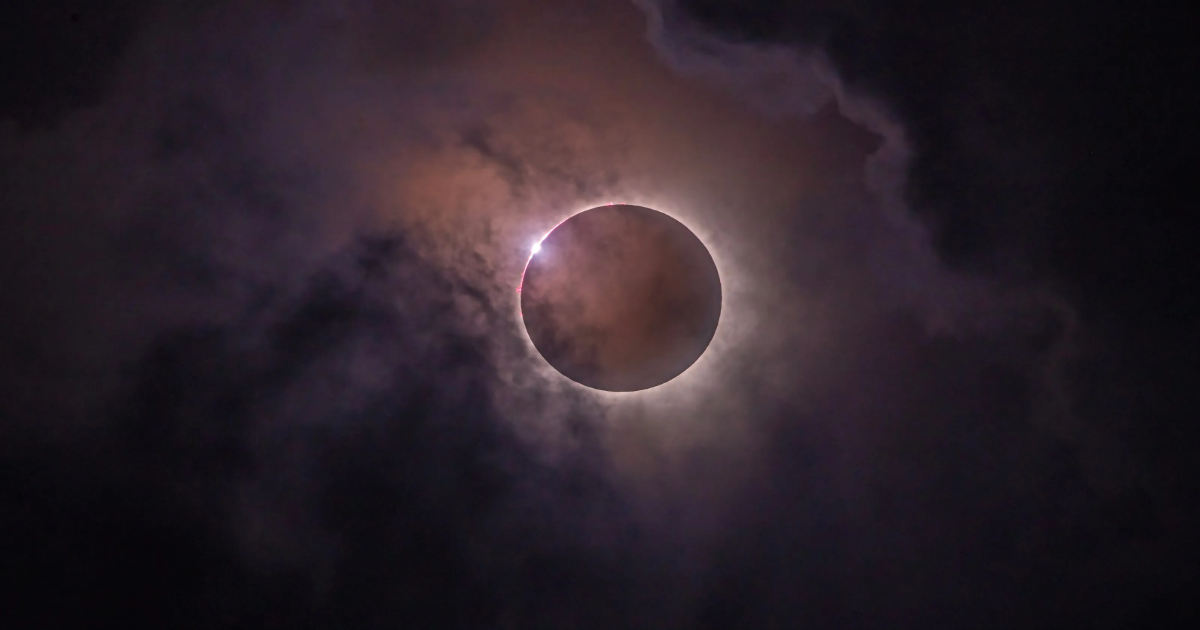Claims a massive solar eclipse today, Aug. 2 will blanket the world in darkness for 6 minutes have been abuzz on social media for weeks.
The viral claims of a “once in a century solar eclipse” spread rapidly on platforms such as X and TikTok, as content creators, astrophiles and even media outlets claimed the “August 2” cosmic phenomenon. The frenzy has garnered well over 15 million TikTok views via #AugustEclipse2025, while over on X, another post has garnered nearly 4 million views.
Should you grab your solar eclipse glasses and head outdoors today? Here’s everything to know about the claims, which we verified through official NASA records, and what else to expect in our sky in the coming weeks.
Is there a solar eclipse today?
First and foremost: No, there is not a solar eclipse visible anywhere in the world on Aug. 2, 2025, according to NASA and other online experts.
What time is the solar eclipse today?
There is no time because there is not a solar eclipse today, Aug. 2, that is visible anywhere in the world.
Where did the solar eclipse claims come from?
Posts and videos claiming a solar eclipse on “August 2” have taken over social platforms like X and TikTok. The posts omit the year of the eclipse, and instead just the month and date.
An article from the Daily Galaxy posted July 21, “The World to Go Dark for Six Minutes in August: Witness the Longest Solar Eclipse of the Century,” likely led to an increase in some serious social media buzz. Millions have viewed posts on X and dozens of videos have posted on TikTok, where users have shared inaccurate information.
Is there a solar eclipse Aug. 2, 2027?
Yes, a total solar eclipse will take place on Aug. 2, 2027, according to NASA. A total solar eclipse will occur on Aug. 2, 2027, and while its unique in that it’ll pass near the Earth’s equator (check out this animated map here), it won’t be visible in North America. It’ll be visible in Europe, North Africa, the Middle East, Spain, Morocco, and Egypt.
What to know about August 2, 2027 solar eclipse
A total solar eclipse will occur on Aug. 2, 2027, and while its unique in that it’ll pass near the Earth’s equator (check out this animated map here), it won’t be visible in North America. It’ll be visible in Europe, North Africa, the Middle East, Spain, Morocco, and Egypt.
Will it really be the ‘longest solar eclipse of the 21st century’?
Actually, no. The Aug. 2, 2027 eclipse is being called the “longest solar eclipse of the century,” and while it’ll last longer than usual, it isn’t considered the longest, according to data posted by NASA. The Aug. 2, 2027 solar eclipse is expected to last 6 minutes and 23 seconds. According to NASA, the longest total solar eclipse thus far in the 21st century — Jan. 1, 2001 through Dec. 31, 2100 — has already occurred. On July 22, 2009, a solar eclipse lasted 6 minutes and 39 seconds.
How often does a solar eclipse happen?
The Earth will experience 224 solar eclipses between 2001 and 2100, according to data from NASA. Of those, 68 will be total solar eclipses. However, not all can be viewed in every corner of the Earth, meaning we won’t see them all here in North America.
When is the next eclipse 2025?
There are four eclipses in 2025, two of the sun and two of the moon. Lunar eclipses occur during the full moon phase, and solar eclipses occur during the new moon phase, according to NASA.
- Sept. 21, 2025: Partial solar eclipse (Australia, Antarctica, Pacific and Atlantic oceans)
- Feb. 17, 2026: Annular solar eclipse (Annular in Antartica, partial eclipse in Antarctica, Africa, South America, Pacific, Atlantic and Indian oceans)
- Aug. 12, 2026: Total solar eclipse (Greenland, Iceland, Spain, Russia and small areas of Portugal. Partial eclipse visible in North America, Europe, Africa, Atlantic, Artic and Pacific oceans)
Lori Comstock is a New Jersey-based journalist with the Mid-Atlantic Connect Team.
